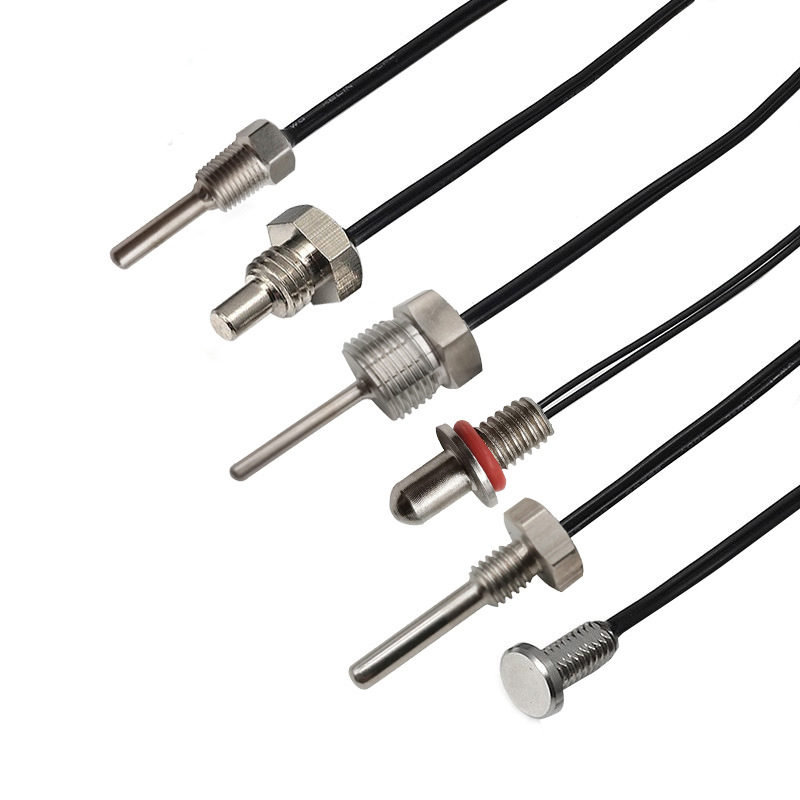Description
- NTC (Negative Temperature Coefficient) sensors are commonly used in electric vehicles (EVs) for battery, motor, and ambient air temperature sensing. These sensors play a crucial role in ensuring the proper functioning and safety of the EV system.
- Battery temperature sensing is essential for managing the battery state-of-charge, preventing thermal runaway, and optimizing battery pack performance. NTC thermistors are commonly used for battery temperature sensing due to their high sensitivity and small size. The thermistors can be integrated into the battery pack or cells to provide accurate temperature measurements.
- Motor temperature sensing is also crucial for managing the motor’s performance and preventing overheating. NTC thermistors can be integrated into the motor casing or windings to provide accurate temperature measurements.
- Ambient air temperature sensing is another application for NTC thermistors in EVs. These sensors can be used to monitor the temperature of the surrounding environment and provide data for the vehicle’s climate control system, HVAC system, and battery pack performance management.
- For charging applications, NTC sensors can be used to monitor the temperature of the charging cable, connector, and charging port. This temperature data can be used to manage the charging rate and prevent overheating of the charging components.
- When selecting an NTC sensor for EV and battery and charging applications, it is important to consider the sensor’s resistance-temperature curve, sensitivity, and size. The sensor must be able to provide accurate temperature measurements over the required temperature range and withstand the harsh conditions of the EV environment. Additionally, the sensor’s packaging and durability are also essential considerations for ensuring reliable and safe operation.





